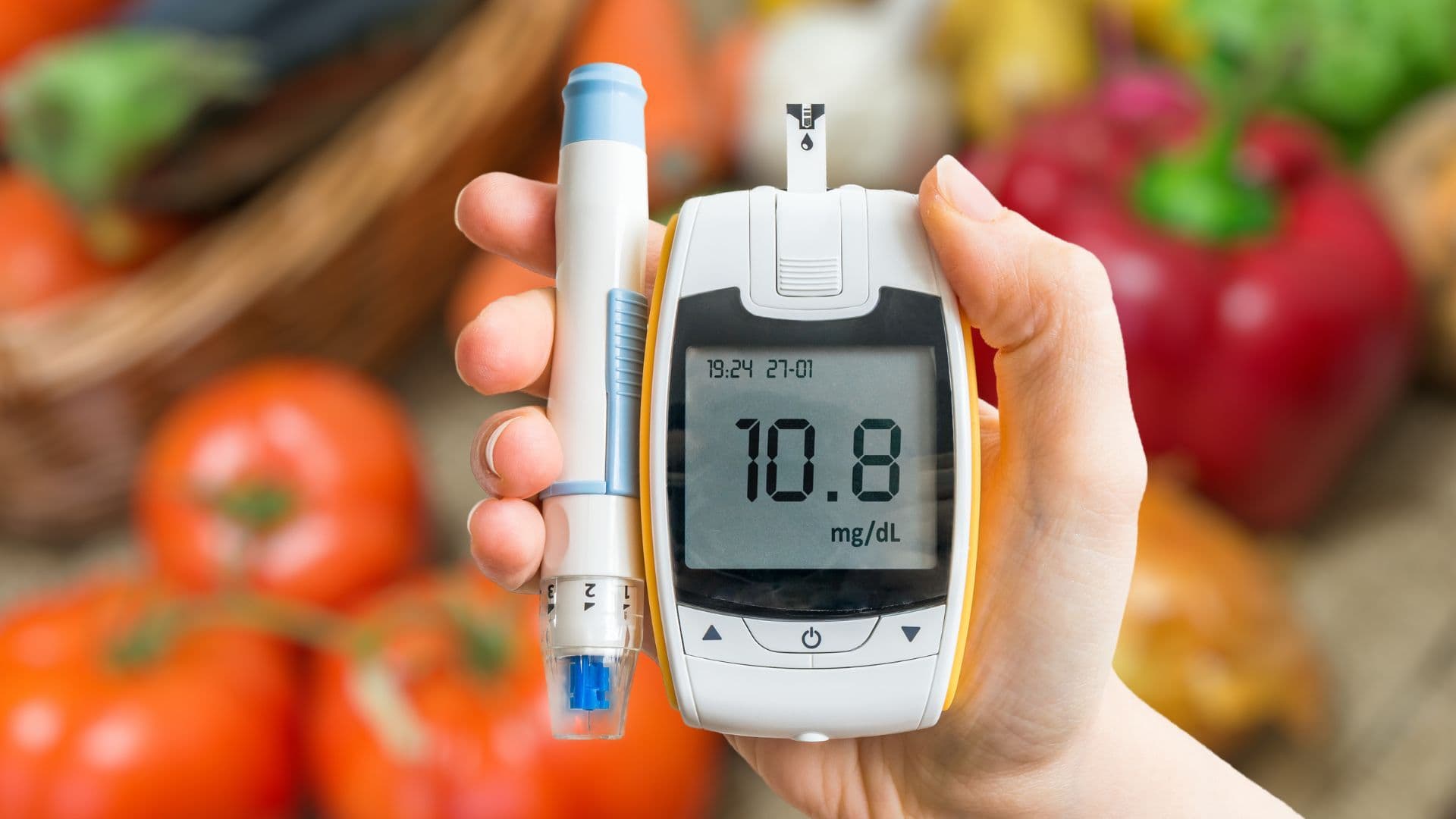What is Blood Sugar?
Blood sugar, also known as glucose, is the body's primary source of energy. After we eat, carbohydrates are broken down into glucose and absorbed into the bloodstream.

The Role of Insulin
Insulin, a hormone produced by the pancreas, acts like a key, unlocking the doors of your cells and allowing glucose to enter. This provides energy for your body to function.
What is Diabetes?
In diabetes, the body either doesn't produce enough insulin (type 1) or can't use it effectively (type 2). This leads to high blood sugar levels, which can cause various health problems over time.
Risk Factors for Diabetes
- Family history of diabetes
- Overweight or obesity
- Inactivity
- Age (risk increases over 45)
- Prediabetes (elevated blood sugar levels)
- Gestational diabetes (diabetes during pregnancy)
Signs & Symptoms of Uncontrolled Blood Sugar
- Frequent urination
- Excessive thirst
- Increased hunger
- Unexplained weight loss
- Fatigue
- Blurred vision
- Slow-healing wounds
Complications of Uncontrolled Blood Sugar
- Nerve damage (neuropathy)
- Heart disease
- Stroke
- Kidney disease
- Eye problems (retinopathy)
- Foot problems
Preventing Type 2 Diabetes
- Maintain a healthy weight
- Eat a balanced diet
- Exercise regularly
- Get enough sleep
- Manage stress
By understanding how blood sugar works and the risk factors for diabetes, you can take steps to prevent or manage the condition. Early detection and healthy lifestyle choices are key.
- In diabetes, the body either doesn't produce enough insulin (type 1) or can't use it effectively (type 2), leading to high blood sugar levels.